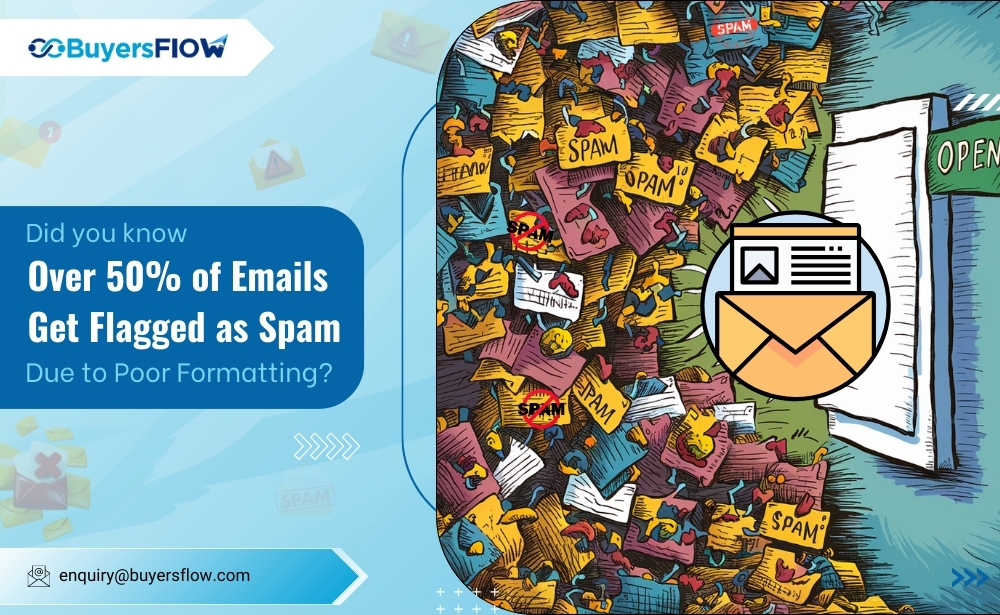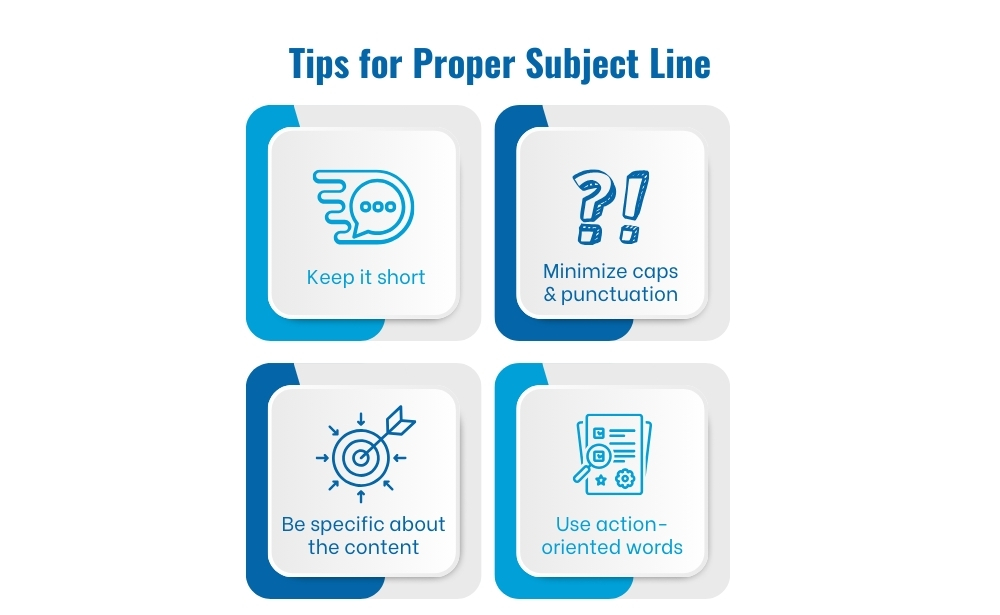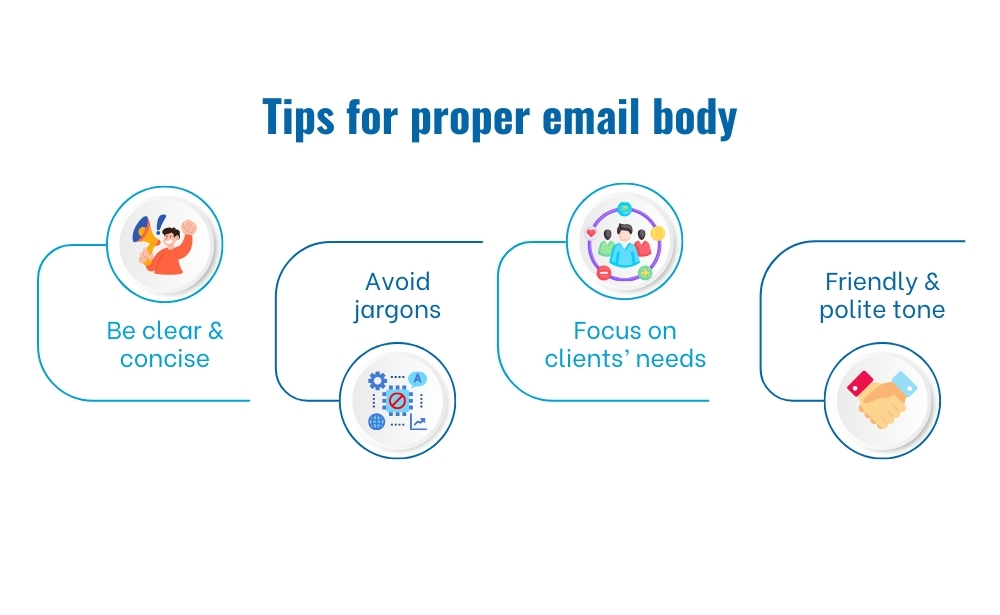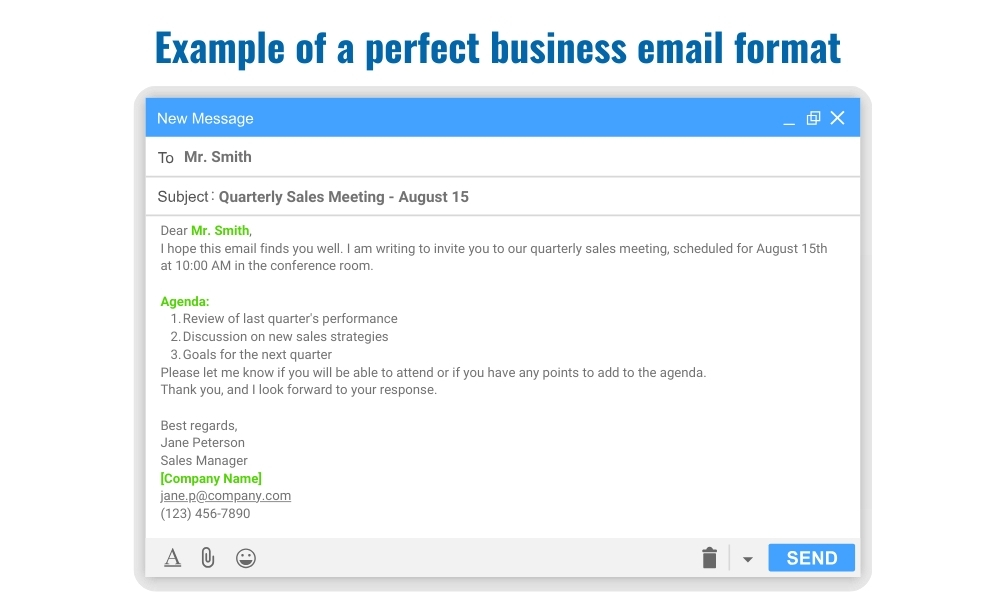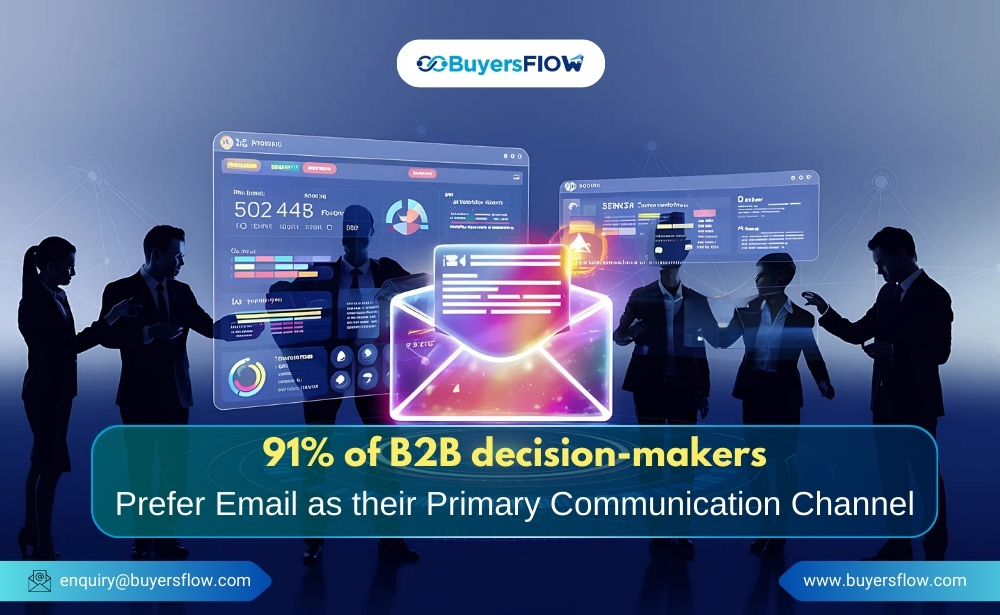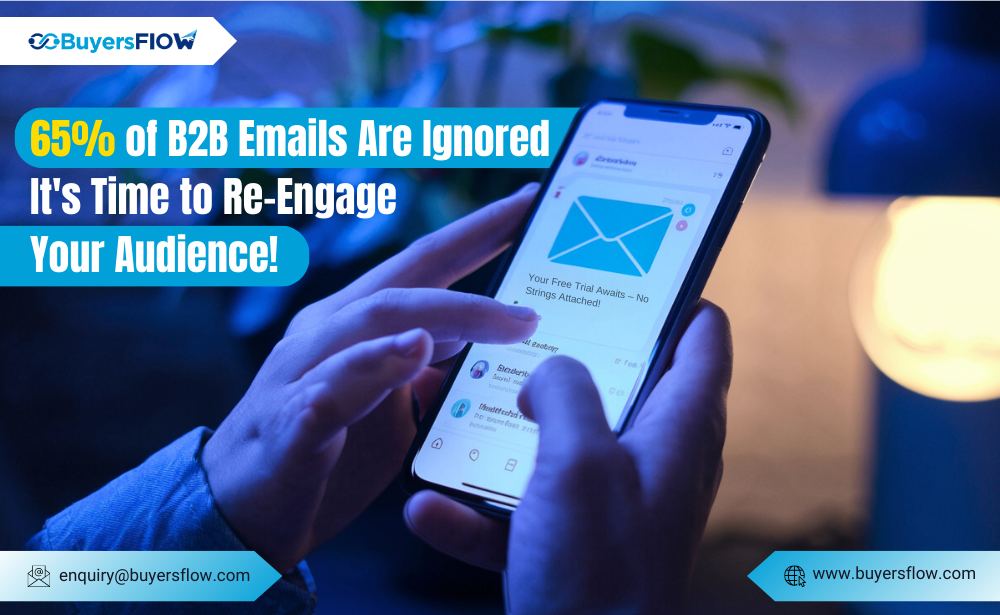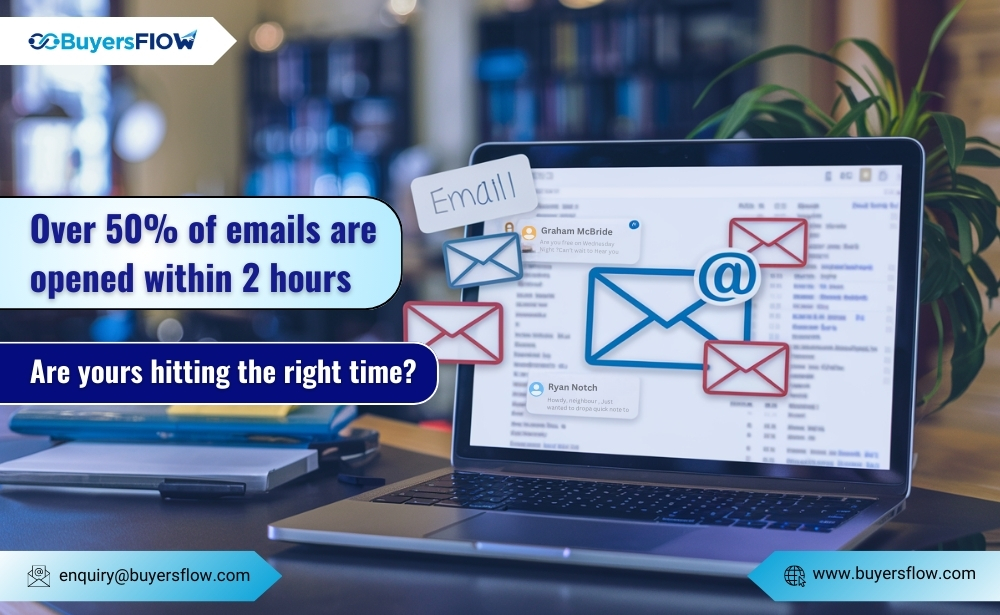Did you know that over 50% of emails get flagged as spam due to poor formatting? Crafting a well-structured email is crucial and can’t be underestimated. You might be wondering, What’s so challenging about that? I just type my message, hit Send, and that’s it, right?
Hold on there! The way you craft your business email format plays a significant role. Keep reading to find out why it matters and how you can improve your email formatting.
How to Craft a Business Email Format
Pay Attention to the Subject Line
The subject line is your first impression. It’s the gateway to your email and determines whether the recipient will open it or not. A clear, concise subject line sets the tone for your message.
Tips for a Proper Subject Line:
- Keep it short and to the point (6-10 words).
- Avoid using all caps or excessive punctuation.
- Be specific about the email’s content.
- Use action-oriented words to grab attention.
For example, instead of “Meeting,” try the format “Team Meeting on Project Updates – Aug 12.”
The Right Email Salutation
The salutation sets the tone for your business email. Choosing the right one is crucial for establishing a professional relationship with your recipient.
Tips for a Proper Salutation:
- Use “Dear [Name]” for formal emails.
- Use “Hi [Name]” or “Hello [Name]” for a more casual but still professional tone.
- Avoid overly casual greetings like “Hey” or “Hiya.”
- Double-check the spelling of the recipient’s name.
Format the Body of the Email
The body of your email should be clear, concise, and to the point. Break your content into manageable chunks to improve readability. Start with a brief introduction that states its purpose. Use bullet points or numbered lists for clarity, and keep paragraphs short (2-3 sentences). Stick to a professional font and avoid excessive formatting like bold or italics.
Tips for Writing the Body:
- Be clear and concise.
- Avoid jargon and overly complex sentences.
- Address the recipient’s needs or questions.
- Use a friendly and polite tone.
Close It with Style
Your closing is as important as your opening, leaving a lasting impression and providing clear instructions on the next steps. It reinforces your message, offers your contact information, and sets expectations for follow-up, ensuring the recipient knows how to proceed and maintains a professional tone.
Tips for a Proper Closing:
- Use phrases like “Best regards,” “Sincerely,” or “Thank you.”
- Include your full name, position, and contact details.
- Add a call-to-action if necessary (e.g., “Looking forward to your response”).
Last but Not Least, Proofread It
Things to Remember:
- Check for spelling and grammatical errors.
- Ensure the email addresses the recipient correctly.
- Confirm all attachments are included.
- Read the email out loud to catch awkward phrasing.
Conclusion
Creating a well-formatted business email isn’t as difficult as it might seem. By focusing on a clear subject line, choosing the appropriate salutation, organizing the body properly, closing effectively, and proofreading, you can make sure your emails are both professional and impactful.
However, why go through the hassle of email formatting on your own when you can harness the power of AI? With BuyersFlow, you can effortlessly craft perfect business emails. Our AI takes care of everything from personalization to crafting and optimization, allowing you to focus on what truly matters in your business.
Sign up today and get 7,500 free emails with BuyersFlow!
